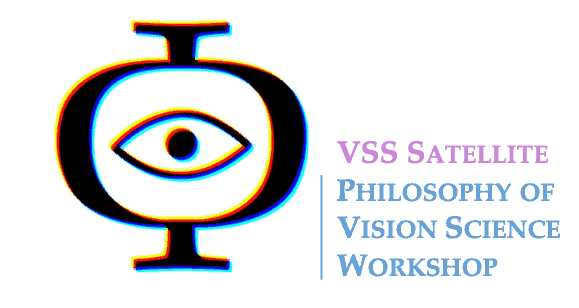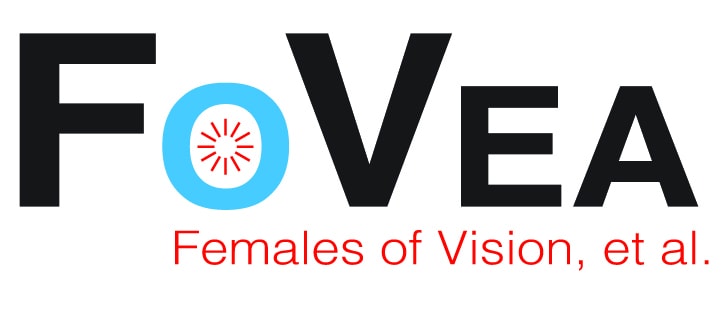Monday, May 19, 2025, 2:30 – 5:30 pm, Blue Heron
Organizers: Nilsu Atilgan, PhD (The Readability Consortium); Shaun Wallace, PhD (University of Rhode Island); Ben D. Sawyer, PhD (University of Central Florida)
Moderator: Ben Wolfe, PhD (University of Toronto)
Panelists: Sofie Beier, PhD (Royal Danish Academy); Saeideh Ghahghaeinezamabadi, PhD (Meta Reality Labs); MJ Kim, PhD (Meta Reality Labs); Hilary Palmen, PhD (Google Fonts); Denis Pelli, PhD (New York University); Ben Wolfe, PhD (University of Toronto); Yingzi Xiong, PhD (Johns Hopkins University)
Overview:
Building on the success of last year’s workshop, titled “The Vision Science of Digital Readability: Community-Building Workshop” (see the website here). which garnered overwhelming interest with standing-room-only attendance, we aim to create a more focused and attendee-oriented event this year. Last year’s workshop served as an introduction, bringing together the community to discuss the emerging field of digital readability, its opportunities, and challenges.
This year, we seek to build on the momentum by fostering deeper interdisciplinary collaborations and advancing our collective understanding of key issues in the field. We will focus on two critical themes that emerged from last year’s discussions:
1- Metrics
Defining Realistic Goals: We aim to establish clear evidence-based optimization goals that include preference, comfort, retention, and speed. Expanding beyond traditional metrics such as reading speed, we can focus on measures like practical accuracy and usability in diverse applications, ensuring readability meets its functional demands.
Advancing Experimental Tools: Equally critical is the development of advanced psychophysical and behavioral tools to quantify readability. These tools should be designed for experimental rigor, enabling the assessment of readability in both controlled lab settings and ecologically valid contexts, such as AR/VR environments and daily use. Leveraging the expertise of the vision science community, we aim to identify gaps and develop robust experimental paradigms.
2- Inclusivity
Adaptive and Individualized Text Design for Low Vision and Diverse Groups: Enhancing readability requires identifying and optimizing text characteristics for individuals with low vision and other specific needs. Instead of a one-size-fits-all approach, the focus should be on flexible, adaptable designs that consider individual preferences and factors like age, accessibility, and demographics. Tailored text solutions can address the unique challenges faced by diverse reading populations, ensuring greater accessibility and comfort.
Underrepresented Languages: We must prioritize research and design efforts for widely spoken but digitally underrepresented languages, ensuring that fonts and digital readability solutions are inclusive and accessible to all linguistic groups.
Workshop Structure: For details about the workshop structure, pre-workshop activities, and agenda, please visit our website. Make sure to register in advance to secure your spot: https://www.readabilityworkshop.xyz/
The Readability Consortium (TRC) is driving this workshop, we were formed in 2021 to progress reading research methodology and practice. We are motivated to act as a catalyst to facilitate the existence of a broader reading research community that progresses: Understanding reading processes and applying new technologies in ways that will enable people globally to reach their full reading potential, including, but not limited to, people with dyslexia and low vision.
Schedule (3 hours)
Opening remarks (15 minutes)
Expert Panel (45 minutes)
Small group discussions (60 minutes)
Coffee break (15 minutes)
Group presentations and feedback (30 minutes)
Action Items and Closing Remarks (15 minutes)






